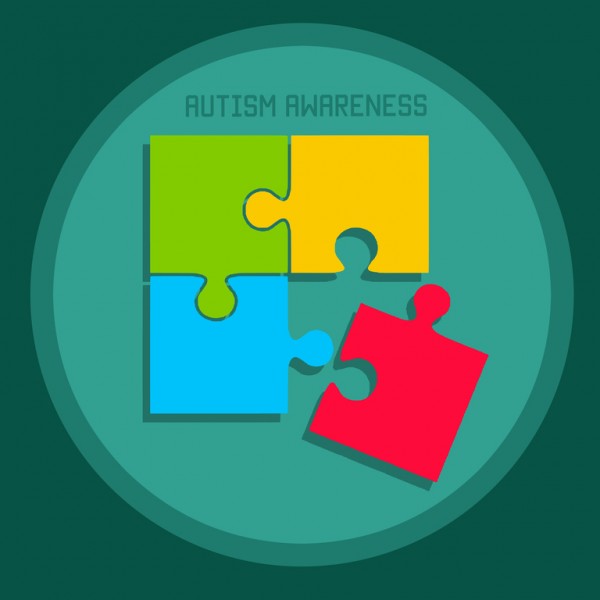Study Shows Reduced Flexible Behavior in Individuals with Autism as Driven by Less Optimal Learning
A study shows that individuals with ASD or autism spectrum disorder exhibit reduced flexible behavior on a "probabilistic reversal-learning task," reinforced by less optimal learning within every developmental phase.
The said research was published on October 27 in the PLOS Biology open-class journal by King's College London's Daisy Crawley, University of Vienna's Lei Zhang, and colleagues.
As the study authors noted, these research findings offer novel insights into decreased flexible behavior in connection to clinical symptoms in autism.
Flexible behavior, as indicated in the study, "requires learning from feedback to guide decisions" and getting used to responses when there are changes in such changes.
ALSO READ: Autism Activates Nonverbal Demonstration of GI Symptoms in Children, Researchers Find

A study shows that individuals with ASD or autism spectrum disorder exhibit reduced flexible behavior on a ‘probabilistic reversal-learning task,’ reinforced by less optimal learning within every developmental phase.
Link Between Behaviors
Investigations of neurotypical individuals present that cognitive processes underlying flexible behavior and reinforcement learning vary as people pass through the childhood and adolescence stages into adulthood.
Despite the connection frequently made between inflexible behavior and constricted repetitive behavior, an ASD core feature, evidence has been diverse. It has yet to be cleared how such a behavior progressively changes in individuals with autism.
To address this, the research team used a developmental method and investigated "flexible behavior on a probabilistic reversal learning task" in more than 500 children, adolescents, and adults.
In their research, the study authors found that in probabilistic reversal learning paradigms, participants need to typically learn through the use of feedback and get used to their responses when there comes a change in the rule to maximize positive results.
DON'T MISS THIS: 6 Reasons Why You're Gaining Weight Unintentionally
ASD Children's Learning Rate
As indicated in the study, ASD children exhibited a considerably higher learning rate compared to TD children. Simulations revealed the optimal learning rate for the CU model is 9.18, which the authors specified, is closer to the learning rate recorded for TD children at 0.19, compared to the ASD children's 0.26 learning rate.
In their paper, the study investigators wrote that the learning rate in their learning schedule reveals oversensitivity to feedback, which includes probabilistic castigation, which needs to be ignored.
No difference was found on the other model parameters. More so, the study indicates, results were not changed with IQ "as a confound regressor."
Autistic Individuals Showing More Preservation
In this research, investigators showed, autistic individuals presented, on average, more preservation and less feedback sensitivity compared to TD individuals, leading to poorer performance in tasks.
Computational modeling showed that leading learning mechanisms that underpin flexible behavior differed across developmental phases, and decreased flexible behavior in ASD was found to be "driven by less optimal learning.
In children with autism, preservative errors were positively linked to symptoms of anxiety. Meanwhile, in adults with autism, preservation was positively associated with restricted, repetitive behaviors.
Essentially, the study results put emphasis on the essentiality of understanding reduced flexible behavior in autism within a progressive framework and highlight the strength of computational methods in ASD research.
Researchers said their study is a pioneer in terms of elucidating a potential learning mechanism by which behavioral inflexibility manifests in adults with autism.
IN CASE YOU MISSED THIS: Is Excessive Exercise Linked to Eating Disorders? Here's What Studies Say
Check out more news and information on Autism on MD News Daily.
Oct 28, 2020 09:00 AM EDT





